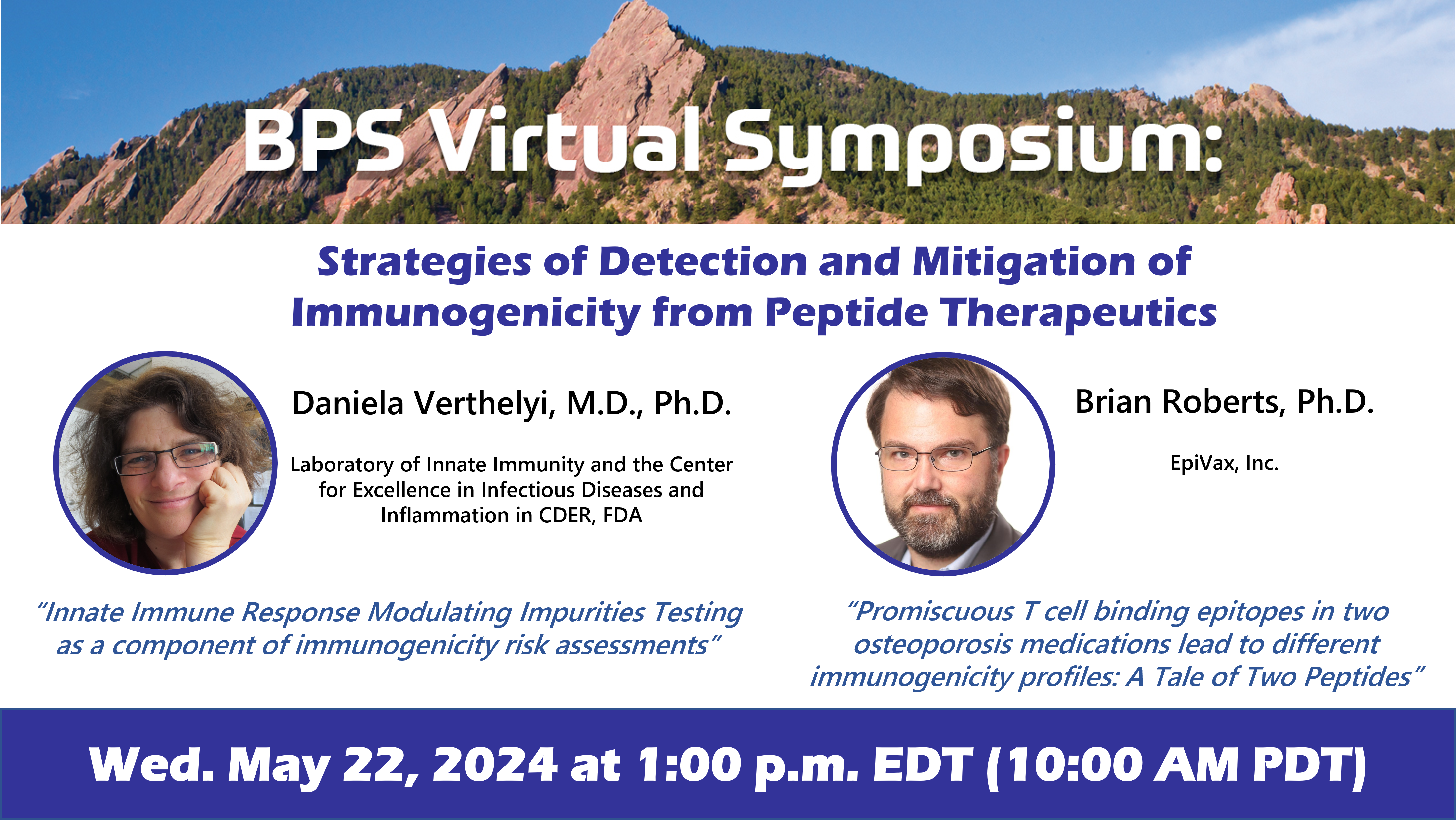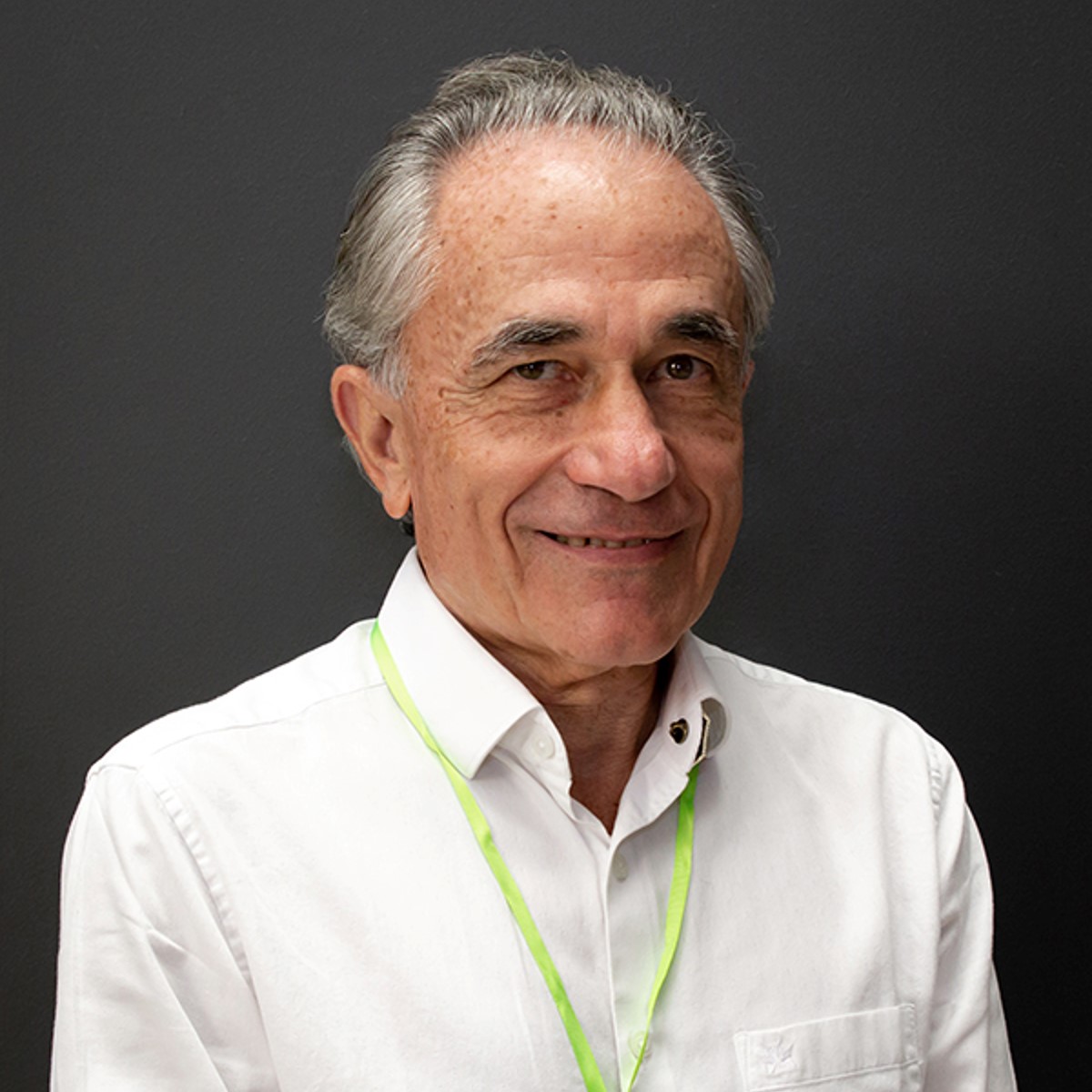
This Pub. has the Guinness…for longest synthetic peptide!
In the May installment of the BPS Journal Club, I’d like to highlight a recent paper from the Walczak group (in Boulder!) that addresses a beast of a target, a microtubule-associated protein: Tau.
A 441-amino acid tour de force of chemical synthesis! There are plenty of nuggets here for chemists and biologists alike. If you're looking to assemble large peptides, or are in search of point mutations without the limitations of post-translational tools using the native sequences, or just simply curious of the odyssey, this publication will be a treat.
Tau is a focus point in studying neurodegenerative diseases, as they are characterized by intraneuronal deposits of this protein, hence their collective name, tauopathies. Tau exists in several variants and is prone to a vast array of post-translational modifications (PTMs). Examining the role of PTMs in tauopathies is thus a hot topic but is a challenging one in the
absence of a fully synthetic route to the protein. Semi-syntheses and synthetic PTMs of the native variants are limited to specific sites and substitutions.
The authors here propose a route to the longest isoform of the six Tau, by fragment-based chemical assembly. A retrosynthetic analysis identified three key fragments of ca. 150 amino acids each, which were further dissected into subunits <50 AA in length, at strategic cysteines or alanines. The preparation of each fragment then unfolds as a who's who of modern
SPPS techniques to obtain the desired fragments: resin/linker selection, protecting group selection, hydrazide approaches to thioesters or their surrogates, all while keeping the more conventional stowaways, such as aspartimides, at bay. Some fragments took a few tries. Some did not cooperate at the ligation stage and required rework. But eventually, the team had all the ingredients for the final native chemical ligations, both with sulfur and selenium, and the adequate sprinkle of desulfurizations.
This monumental synthesis is a strong one-up on the already formidable GFP precursor synthesis (Sakakibara et al, 238 AAs), not that there should be a competition! It should pave the way for more accessible, on-demand PTMs of long peptides and small proteins for the benefit of biologists and chemists alike.
The paper is available at JACS: Chemical Synthesis of Microtubule-Associated Protein Tau (https://pubs.acs.org/doi/10.1021/jacs.3c07338).
The authors have deposited a ChemRxiv open-access version as well (https://chemrxiv.org/engage/chemrxiv/article-details/64a7639f9ea64cc167918c5d).
Alaric Desmarchelier, Ph.D.
Member, BPF Scientific Advisory Board
https://www.linkedin.com/in/alaric-desmarchelier/
Read previous editions of the BPF Journal Club series: www.boulderpeptide.org/journal-club










